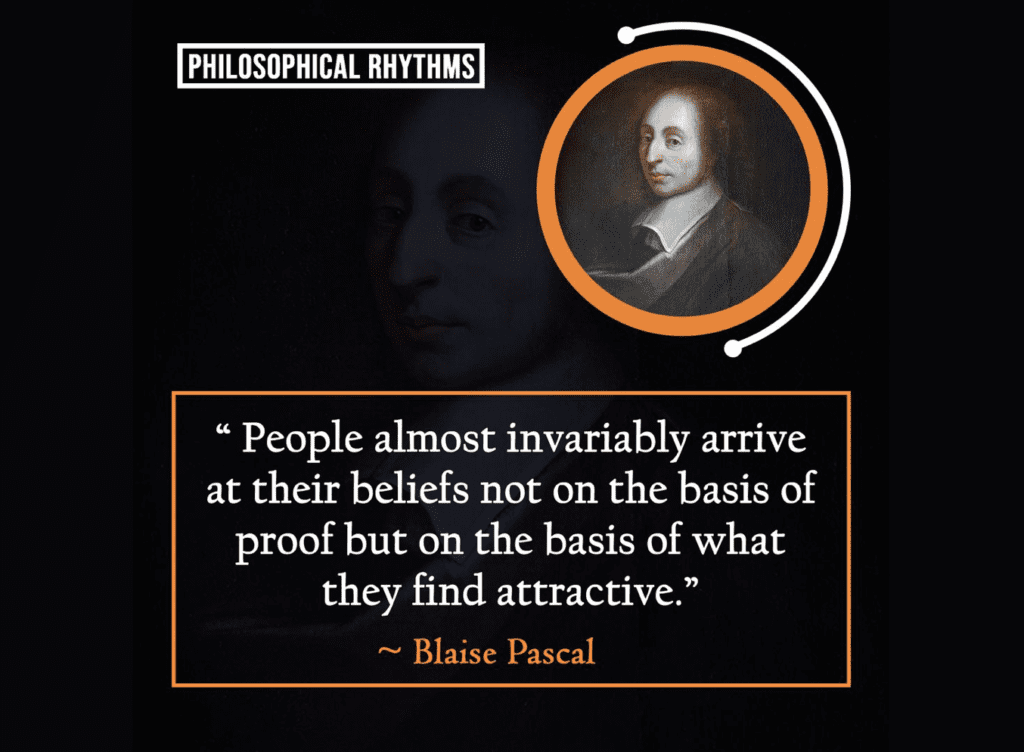When it comes to economic systems, the difference between capitalism and free market capitalism is indeed significant. While the latter has gained prominence in recent years, thanks to the influence of neo-liberal policy makers and organizations like the World Bank and World Trade Organization, it has also faced criticism for its impact on emerging economies. Ha-Joon Chang, an esteemed professor of economics at Oxford University for 32 years, has extensively researched this topic and his findings challenge the prevailing ideologies often found in economics textbooks.

Things they don’t tell you about Capitalism
Chang’s research reveals that the historical evidence points to the fact that the greatest economic growth under capitalism occurs in situations where the market is not entirely free, but operates under a lot of state intervention. This goes against the mainstream narrative today that advocates for unrestricted free markets. Singapore is an example of a country that uses both socialist and free-market policies to great success.
World Economic Forum of Free Market Propaganda
At the 54th annual meeting of the World Economic Forum, Argentine premier Javier Milei gave a speech that made no distinction between the success of capitalism over the last 200 years and free market capitalism. In so doing he illustrates just how many people now believe it is the only form of capitalism. Milei also relied on another disreputable justification for free market capitalism with an attack on positive liberty.

Positive liberty and Negative liberty
Positive liberty and negative liberty are rival, incompatible interpretations of a single political ideal. Positive liberty is the philosophical idea that true freedom must be created by social cooperation and placing some restrictions on human activity. Negative liberty, favored by people like Friedrich Hayek and Isaiah Berlin, believe that freedom comes from the absence of restraint exerted by any other person or the state. It follows then that those in favor of negative liberty resent things like taxation and the redistribution of wealth.
The negative liberty argument is adopted by free market, neo-liberal capitalists. Advocates claim that high taxation and wealth redistribution diminish the incentive for capitalists to invest and innovate. Elon Musk apparently agrees.
However, the same advocates favor cutting subsidies to the poor and freezing their wages so that they have greater incentive to work harder. This is something of a paradox.
Why do we need to make the rich richer to make them work harder but the poor poorer for the same purpose?
Ha-Joon Chang
A moment of objective reflection reveals that individuals from all walks of life continue to work and contribute to society despite facing low incomes and high tax burdens. This calls into question the validity of the incentive argument.
The reality is that the relationship between taxation, wealth redistribution, and economic growth is far more complex than a simple incentive structure for capitalists. It involves a multitude of factors, including access to education, social safety nets, and infrastructure development. By solely focusing on the incentives of one particular group, we risk overlooking the broader societal benefits that can be achieved through a fair and equitable distribution of resources.
The Free-Market: What would it really look like?
Thomas Hobbes, the influential philosopher, warned us about the dangers of a truly free market in his thoughts on the social contract. Humans are quite well known for acting selfishly, and with limited information about the consequences of their actions.
If things were left entirely in the hands of such a free market, with no rules or restrictions, it could lead to a host of negative outcomes. Just imagine a world where the market autonomously decides what holds value.
For starters, consumer protection could be virtually non-existent. Without any regulations, there would be no safeguard against unethical business practices that pose risks to health, safety, and over-all consumer well-being. What’s to stop a company from putting dangerous or substandard goods on the market if there’s no oversight?
Equally troubling is the potential for environmental degradation. Businesses, in their quest for maximum profits, may have little or no regard for the environment. They might resort to problematic practices like over-extraction of natural resources, excessive pollution, and irresponsible waste disposal. The health of our planet could hang in the balance.
Additionally, let’s not forget about the potential for economic inequality. In a truly free market, wealth could concentrate in the hands of a few as large corporations grow bigger and more powerful. This could stifle competition, leading to monopolies, and be detrimental to small businesses and start-ups, not to mention, marginalized groups could face even more disparity and exploitation.
Last but not least, there’s also the issue of workers’ rights. Without regulatory frameworks to ensure fair labor practices, workers may be vulnerable to exploitation and mistreatment. In a free market there is no reason why children shouldn’t work, or work to be dangerous, or people to be slaves.
As with most things in life, balance is pivotal. There’s a need for a healthy equilibrium between economic freedom and regulations that protect consumers, the environment, and workers while promoting socioeconomic equity.
If free market capitalism continues unchecked, it may lead to anarchy, authoritarianism, and the survival of the strongest above all else. This raises questions about the sustainability and fairness of such a system.
Extreme Wealth
‘Nobody should be a multi-millionaire’ argues Dutch philosopher and economist Ingrid Robeyns in a provocative new book, Limitarianism: The Case Against Extreme Wealth. According to Limitarians, much wealth is undeserved, amassed through criminality or market abuse of some kind and undermines democracy. Worse, the very process by which it is piled up has the effect of keeping the poor poor.
While it is hard to argue where the cap on wealth should be, research has argued, for example, that the “toxic combination” of low growth and high inequality had led to the UK’s relative economic decline. Trickle-down economics and tax cuts for the super rich also doesn’t have a lot of evidence in favor of addressing the world’s problems or improving the lives of the majority of people.
For example, rents are high due to shortages in affordable housing, and capitalism fails to address this problem, because high rents are good for land and property owners. Without government direction, capitalists pursue the most lucrative avenues for making a large profit. Things like affordable housing and high employment don’t provide as much opportunity for exploitation by free market capitalists.
What we should ask ourselves is if market innovations like Amazon really benefit the economy in the way free market capitalists would argue. Have the losses of jobs and income in bricks and mortar businesses been offset by the gains in this new way of shopping? If everything becomes streamlined, with AI and automation efficiently eliminating human labor, doesn’t this also have an impact on people’s spending power?
In the market economy, it’s the potential for individuals to create products or services and make a living — gather a medium of exchange in the marketplace — that prompts the demand for other products or services. It’s a real-world illustration of supply driving demand.
Growth depends on people having money to buy goods and services. Supply, as in the opportunity for people to produce and earn market exchange spending power, creates demand. The economy soon groans and complains when people shop less because they can’t afford it, because they have no jobs. The attempts to boost spending with Covid stimulus and relief payments only shows how dependent the economy is on the working class actually working.
There’s no such thing as a Free Market
Whether it is a ban on child labor, slavery, or the restrictions placed on trading in the stock market, markets are rarely free. We often just fail to notice the regulations because they have been created over generations. There are nearly always imbalances that favor one class of person over another and these things have been politically decided.
Chang points out that globalized trade liberalization is also not really a free market idea in the sense that it clearly favors the industries in developed countries. Of course Bill Gates and his shareholders are very happy that emerging economies in places like Africa adopt Microsoft products and never get a chance to develop their own. The same capitalists also complain about countries like China stealing intellectual property when in fact the USA did precisely that themselves when Britain was the dominant world economy.
While capitalism and free market capitalism may seem interchangeable at first glance, it is crucial to recognize the nuanced differences between the two. The debate surrounding these economic systems necessitates a thorough examination of historical evidence, alternative viewpoints, and the potential consequences for emerging economies.
In conclusion, the distinction between capitalism and free market capitalism should not be overlooked. The prevailing narrative that champions unrestricted free markets as the key to economic growth requires careful scrutiny. By considering the research of scholars like Ha-Joon Chang and acknowledging the limitations of the incentive argument, we can foster a more informed discussion about the future of our economic systems.


